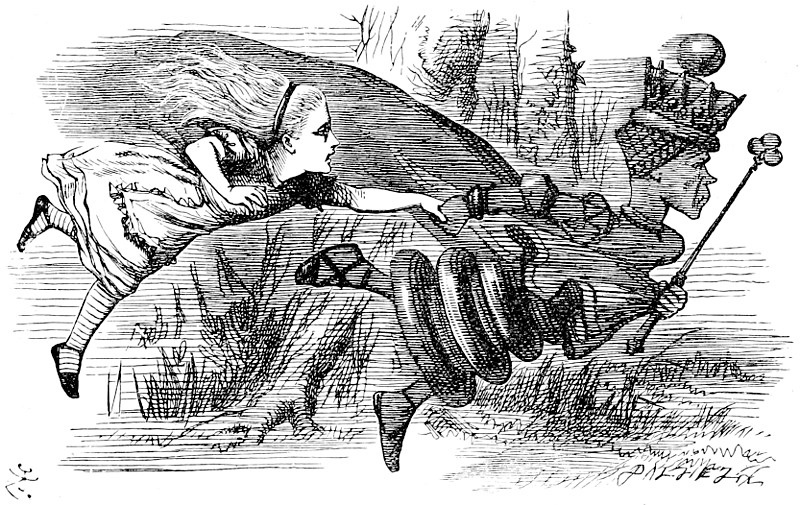I have a number of portfolio companies and clients for whom I do some of their public relations work. I don’t advertise myself as a publicist but I am very good at the work. I typically only do strategic work and media relations so please don’t ask me to pitch you.
The tricky part is usually convincing the people I work with to trust my instincts and not, you know, the actual act of working with the media. I do a lot of heavy lifting and training to prepare people to have something useful to say in public.
People who have no experience getting attention typically struggle emotionally with the fact that they don’t necessarily matter to the media. They get grumpy that people who they perceive as being “less” get coverage they don’t deserve.
Of course, we don’t always know what is going on behind the scenes. We don’t know what stories were told to writers or by whom. And attention tends to beget attention. So once someone is featured regularly in the media they tend to stay there. They become a trusted source.
But becoming one of those characters that gets quoted or featured a lot is hard work. Occasionally you get a lucky break, but it’s a bit like getting hired for an entry level job that requires two years of experience. It seems impossible! They are two distinct states right? Either you have experience or you are entry level. The same problem exists in media.
There is a tension in how public relations works and how media sees it’s subjects. To get featured in the press you need to be either ubiquitous or “newly discovered” and no you cannot be both. Those are distinct states.
If you haven’t yet been covered you are definitionally not ubiquitous. I know seems obvious right? But that means it’s much harder to get quoted as an expert or featured in lists or others become part of a story. The regular mentions in media usually go to people who are already trusted sources. So how do you become a trusted source? You need to be discovered.
Being a new fresh face with a brand new story is catnip to media. So if you have a good story it tends to benefit you to keep that story under wraps until you find a media outlet that will give you enough attention to justify telling your story. You want a feature that can deliver you to ubiquity. Because once you tell it you will no longer be “discoverable” any more. I guess it’s a little bit like how purity culture religions think of virginity. And yes this process feels as icky.
This means you need to make the jump from discoverable new face straight to ubiquitous to get the kind of regular media coverage you imagine a publicist can secure for you. It’s a weird quantum state situation. And top tier publicists are often quite good at threading that needle to get you from new story to phenomena. It doesn’t just happen though. It’s strategic and planned out like a military campaign.
That’s why publicists sign longer term contracts. If they deliver small stories that can be placed in a month long contract they cannot deliver you a big feature. Features take weeks if not months. A research piece takes a long time. A glossy spread in Vogue is usually pitched 3-4 months in advance.
So the temptation is to go for short stories. Those are good right? Well not always. Tell your big story in something small that has less attention then you’ve lost your shot at ubiquity. Doing little stories that didn’t break you into public consciousness, in your eagerness to just get covered now, means you wasted your shot. You’ve been featured just enough that reporters won’t perceive you as being a fresh new face. No reporter wants to tell the same story as another. So you’ve screwed yourself without even realizing it.
So do yourself a favor if you want to get attention. Listen to the advice of the professionals. Being a media darling doesn’t usually just happen. And it’s often on the advice and planning of professionals that probably know more than you do.


